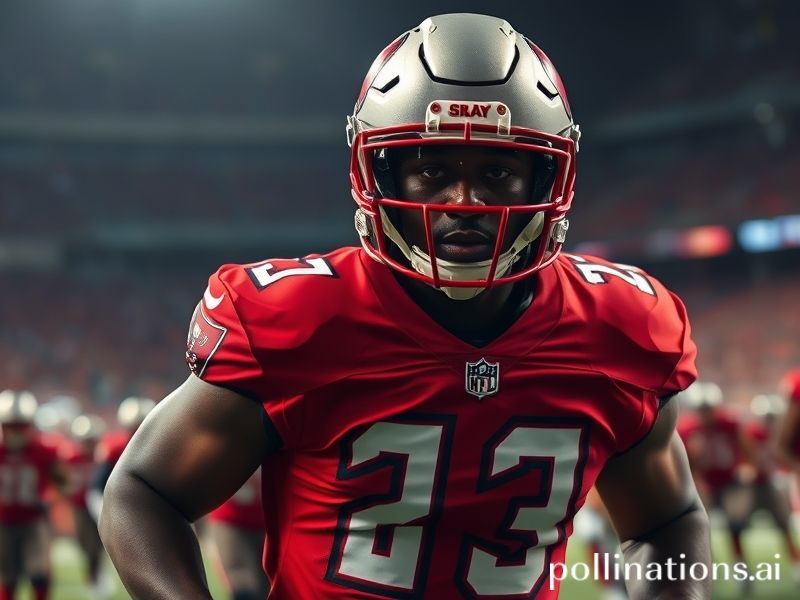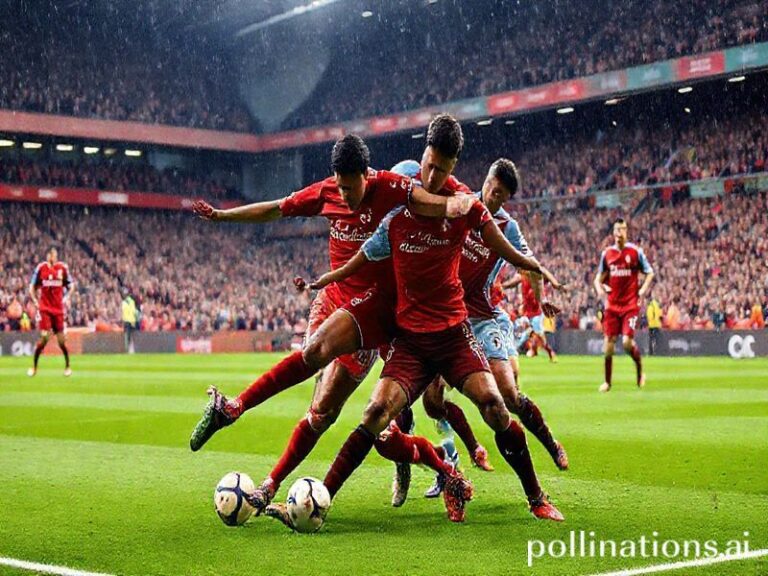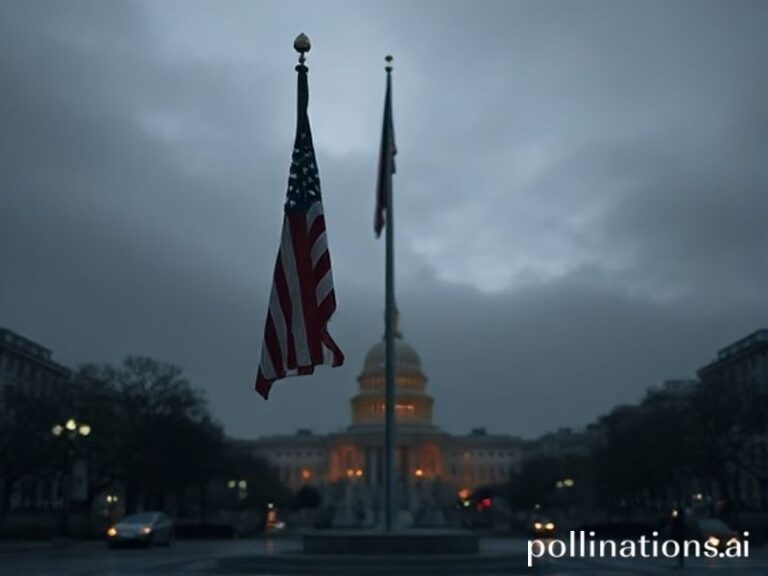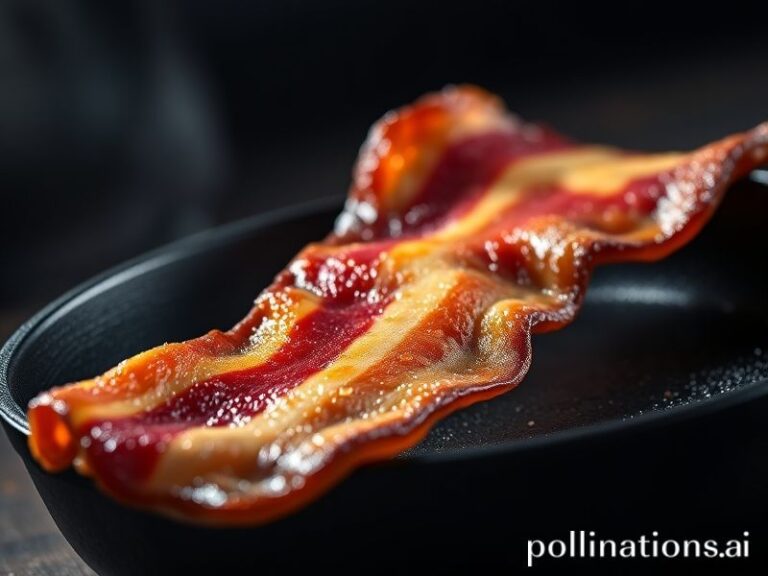From Butte to Beijing: How Shaquil Barrett’s Retirement Became a Global Parable of American Decline
Shaquil Barrett and the Quiet Collapse of American Exceptionalism
By our man in the cheap seats, somewhere between Reykjavík and regret
When Shaquil Barrett announced his retirement from the NFL this week, the news ping-ponged across continents with all the urgency of a slow-motion TikTok. In Lagos, the headline ran under a fuel-price ticker; in Tokyo, it nestled between ramen ads; in London it was briefly mistaken for a royal baby name before everyone went back to arguing about scones. Yet if you squint past the ESPN chyron, the fall of a 31-year-old linebacker from Butte, Montana, is less about football and more about the slow leak of American soft power—one micro-tear in the empire’s polyester jersey.
Barrett’s story is a perfectly wrapped parable of late-stage capitalism. Undrafted out of Colorado State (translation: the world told him he was surplus), he spent four seasons as a human tackling dummy in Denver. Then—because the universe occasionally enjoys irony—he became the league’s sack leader in Tampa, earned a ring, and signed a $68 million deal that would have made a mid-tier Swiss banker blush. Cue the American Dream™ montage: the converted garage, the mother crying into a Broncos beanie, the Instagram post of a McLaren parked next to a Walmart.
But here’s the twist the highlight reels skip: Barrett walked away with two years and $36 million still on the table. Official reason: “to spend more time with family.” Unofficial reason: the human neck has a limited warranty, and CTE scans read like Russian literature—long, grim, and everyone dies in the end. In other words, he chose his temporal lobe over another season of ritualized car crashes. Imagine that: a gladiator who voluntarily left the coliseum before the lion got bored.
Globally, this is both quaint and scandalous. In La Liga, players fake turf injuries for a fortnight’s spa break; in the J-League, a torn ACL is a ticket to a lifetime company job. Only in America do we expect our athletes to take the field like dividend checks, compounding interest until the knees liquefy. Barrett’s refusal is thus a tiny act of sedition—one man declining to be a depreciating asset on the empire’s balance sheet.
The financial ripples are already lapping foreign shores. Tampa Bay must now eat $17.3 million in dead cap space, money that could’ve underwritten a small Balkan military parade. Instead, it evaporates like crypto in a bull market. Bookmakers in Macau shortened odds on a Buccaneers implosion; jersey printers in Phnom Penh shredded stacks of unsold No. 58s; and somewhere in Zürich, an actuary updated actuarial tables labeled “American Risk: Collision-Based.” The world keeps turning, just slightly more amused.
Meanwhile, the cultural aftershocks travel faster than Barrett’s 4.6 forty. African sports academies that once binge-taped NFL games are quietly pivoting to YouTube clips of safer, shinier Euroleague basketball. Chinese state media, never missing a chance to troll, ran a segment titled “American Football Star Chooses Fatherhood Over Patriotism—Discuss.” Even the Kremlin weighed in, noting via Telegram that “real men play hockey without helmets.” The sarcasm was palpable enough to frost vodka.
And yet, there’s something almost heroic in Barrett’s abdication: a tacit admission that glory markets, like all bull runs, eventually crater. He departs with 395 tackles, 59 sacks, and all his original teeth—an increasingly rare trifecta. If that sounds like faint praise, remember we live in a century where people brag about surviving their own lifestyle. By quitting while ahead, Barrett has achieved what most nation-states cannot: a managed decline.
So toast him tonight, whether your glass holds Malbec in Mendoza or baijiu in Beijing. Somewhere on a couch in Colorado, a seven-year-old linebacker prodigy just learned that quitting can be a power move—provided you time the exit before global audiences change the channel. The American century may be wheezing its last, but at least it’s coughing up decent life lessons between commercial breaks.







